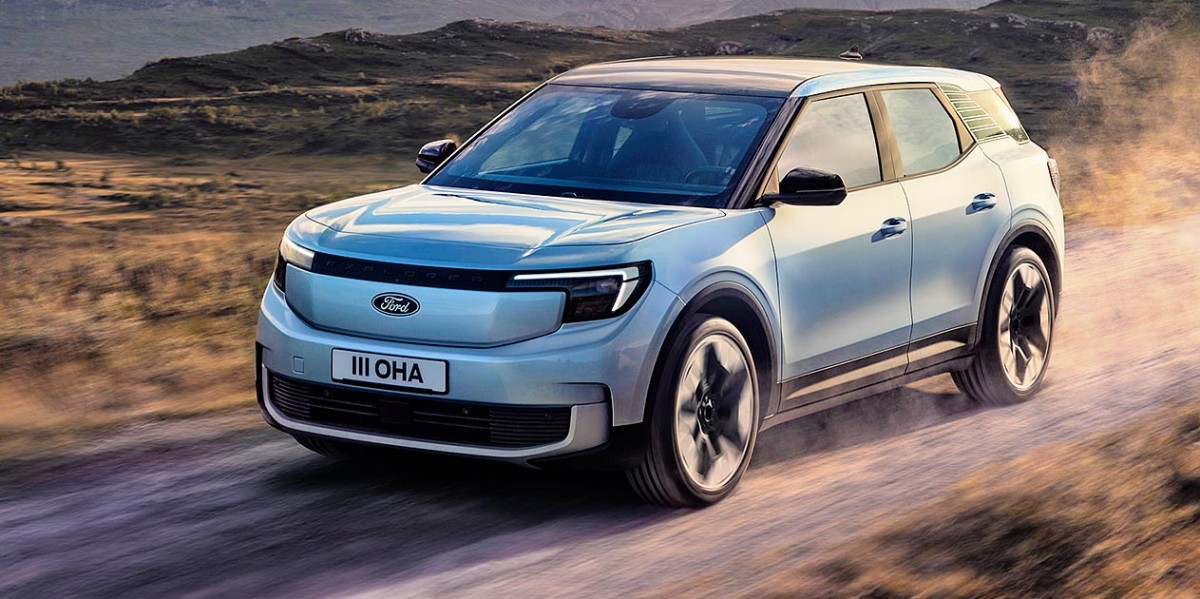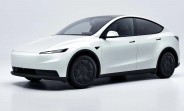Europe's EV party rages on, but Tesla misses the invite
The market for electric cars in Europe is no longer just growing - it's exploding. Through the first eight months of the year, sales of new EVs have jumped 26 percent. This surge is pushing electric vehicles into the mainstream, with one in every five new cars sold in August being fully electric.
But, amid all this celebration of success, one of the industry's biggest names seems to have lost its way. Tesla, the company that was the undisputed king of electric cars for years, is watching its European sales numbers head in the wrong direction.

It's a strange situation. According to preliminary data covering most of Europe, the Tesla Model Y is still the best-selling single electric car model so far this year. It has found 83,314 new homes. Its sibling, the Model 3 sedan, holds the third-place spot with 50,237 sales. Yet, these numbers hide a worrying trend for the American automaker.
Model Y's sales plummeted by 34 percent compared to the same period last year, and the Model 3 is not far behind, with a 29 percent drop. In a market where almost everyone else is growing, Tesla stands out as the only major EV brand in the top ten to be selling fewer cars than it did a year ago.

Who is picking up the slack? Look no further than the so-called legacy automakers. Volkswagen Group has stormed to the front, becoming the best-selling EV maker in Europe for the month of August. The German giant sold 16,105 electric cars, a massive 45 percent increase from the previous year.
This success isn't built on just one car but a family of them, including the ID.3 hatchback, the ID.4 SUV, and the new ID.7 sedan. This variety gives customers more choices, a simple strategy that appears to be working wonders. Following behind in August was Tesla with 14,245 sales, with BMW rounding out the top three with 12,546 EVs sold, marking a respectable 7 percent increase.

The sales charts show a dynamic and competitive market. While Tesla's August performance was a dip of 23 percent year-over-year, it was actually an improvement from July, when the company fell to a lowly seventh place. Kia, a regular name in the top ten, found itself pushed off the list in August. Its spot was snatched by Ford, which is seeing a boost from its new Explorer EV.
Tesla's European problem seems to be all about its reliance on just two models. The Model 3 and Model Y have been on the market for several years, and while they are still popular, the competition is no longer standing still.

Buyers can now walk into showrooms for Volkswagen, BMW, Ford, and others and find a much wider range of electric cars. From small city cars to large family SUVs, the diversity offered by established brands is pulling customers away from Tesla's limited menu. It turns out that when people are spending their hard-earned money, they appreciate having more than two options to choose from.
Despite the shifting fortunes of individual companies, the bigger story for electric cars in Europe is overwhelmingly positive. The milestone reached in August, where EVs captured 20 percent of the total new car market, is hugely important.

Automakers have long said that hitting a 20 to 25 percent market share is crucial for meeting the European Union's strict emissions targets for 2025-2027. Reaching that goal ahead of schedule shows that the transition away from gasoline and diesel is happening faster than many expected, even if the road is getting a little bumpy for the former market leader.
Reader comments
- Anonymous
- gnw
true germans. as you know many true germans died during the war. what is true german now that can trace ancestry to julius caesar era. hard to quantify.
- EuropeGo
- 3SL
Ummmm... no. Where did you get that news? According to the "Bundeszentrale für politische Bildung" there are 30.4% migrants related people. Only about the half of that are foreigners (14.7% total). The other (15.7%) are having the German...





Facebook
Twitter
Instagram
RSS
Settings
Log in I forgot my password Sign up